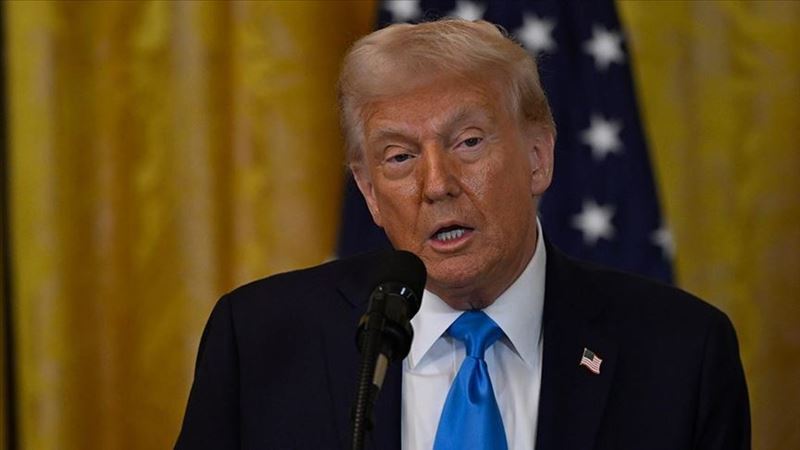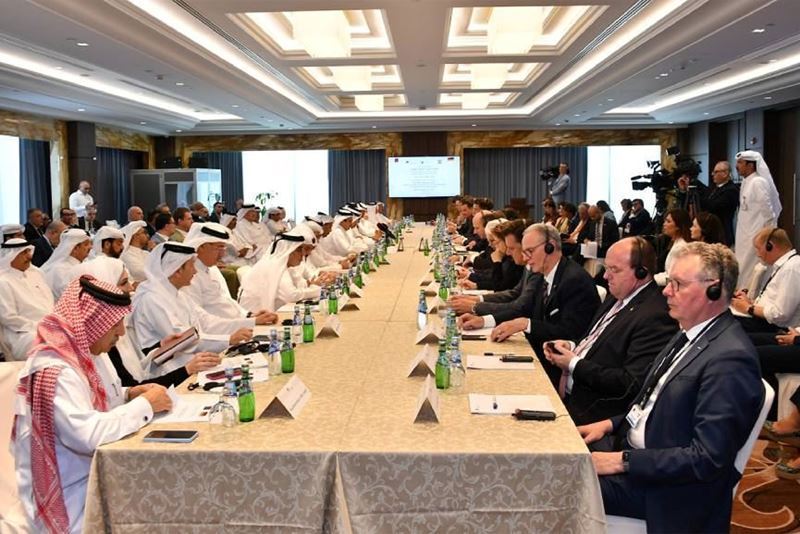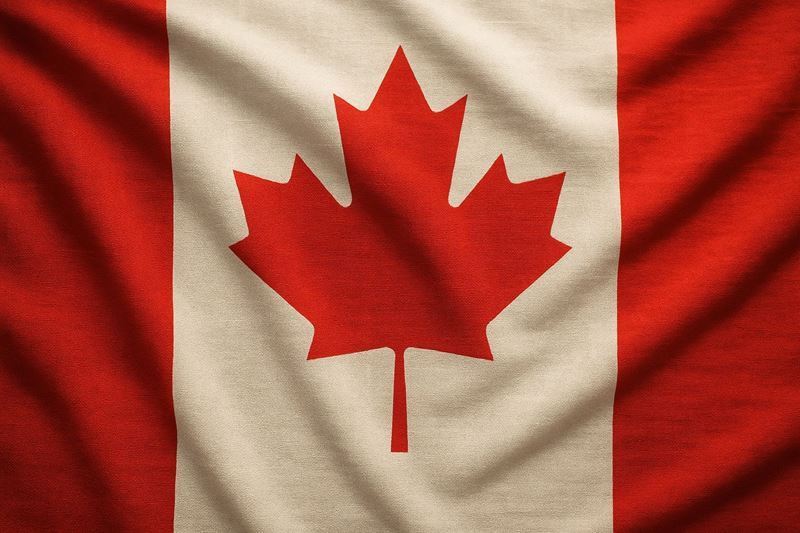Trump stated that the Value Added Tax (VAT) applied by countries would be considered as a tariff. The work is planned to be completed by April 1.
Speaking at a press conference held at the White House, Trump signed a presidential order regarding the plan to implement reciprocal customs tariffs. He stated that this decision foresees the development of a comprehensive plan against regulations that the U.S. deems unfair in its trade relations.
“We will do the same as countries apply to the U.S.”
President Trump emphasized that a reciprocal tariff system would be implemented to ensure fairness in trade, saying, "Whatever countries apply to the U.S., we will do the same." He pointed out that they would focus particularly on countries using the VAT system, arguing that this system is more punitive than a tariff.
"VAT will be considered as a tariff," said Trump, adding that some countries impose additional burdens on American products through VAT, creating an unfair competitive environment for U.S. manufacturers.
Companies Will Return to the U.S.
Trump stressed that countries need to reduce or eliminate customs duties imposed on the U.S., and emphasized that products produced in the U.S. would be exempt from tariffs. "Many companies will return to produce their products in the U.S. because there will be no customs duties," he said.
Short-Term Price Increase Expected
Trump stated that the 25% customs duty on steel and aluminum imports would be excluded from this plan, and tariffs on automobiles, chips, and pharmaceuticals would be included in the plan.
Responding to questions regarding the impact of tariffs on prices, Trump said that employment would increase, and while prices might rise in the short term, they would eventually fall. He added that interest rates would decrease over time, asserting that this is a process that goes "hand in hand" with tariffs.
White House: U.S. Trade Deficit Exceeds $1 Trillion
U.S. Commerce Secretary Nominee Howard Lutnick mentioned that each country's tariffs would be examined individually, and the work is planned to be completed by April 1.
A statement from the White House noted that the U.S. has been running a large and permanent trade deficit due to the lack of reciprocity. The statement pointed out that the U.S. has run a trade deficit every year since 1975, with the merchandise trade deficit exceeding $1 trillion by 2024. Additionally, it was stated that non-reciprocal taxes like the digital services tax impose more than $2 billion in additional costs on American companies annually.
The new customs tariff plan is seen as a potential beginning of a new era in global trade, and it could create tensions in relations with trading partners.











Comments
No comment yet.